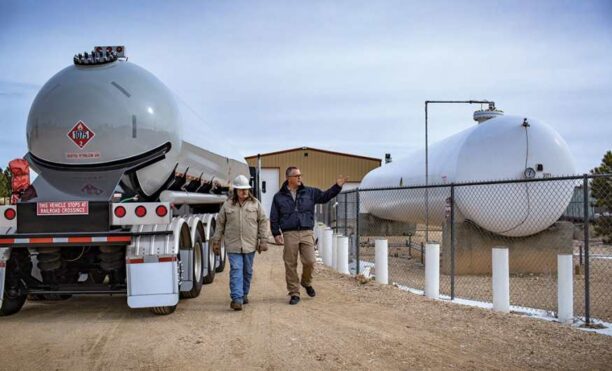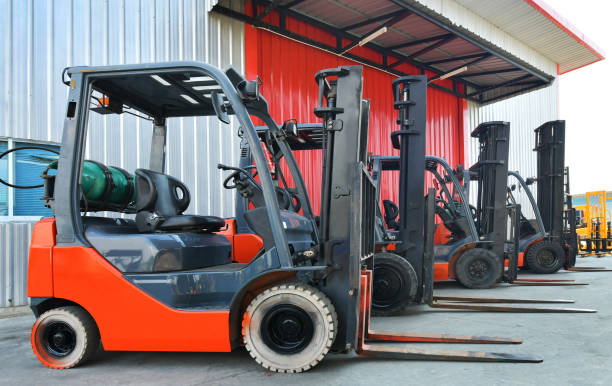Propane’s Role in Modern Construction
Propane is a versatile energy source serving the construction industry, widely known for its efficiency and environmental benefits. Read on to discover how it is used in various construction applications and what that means for propane businesses. Heating Solutions Temporary Heat During the colder months, construction sites rely on propane for temporary heating. It helps… Continue reading Propane’s Role in Modern Construction



